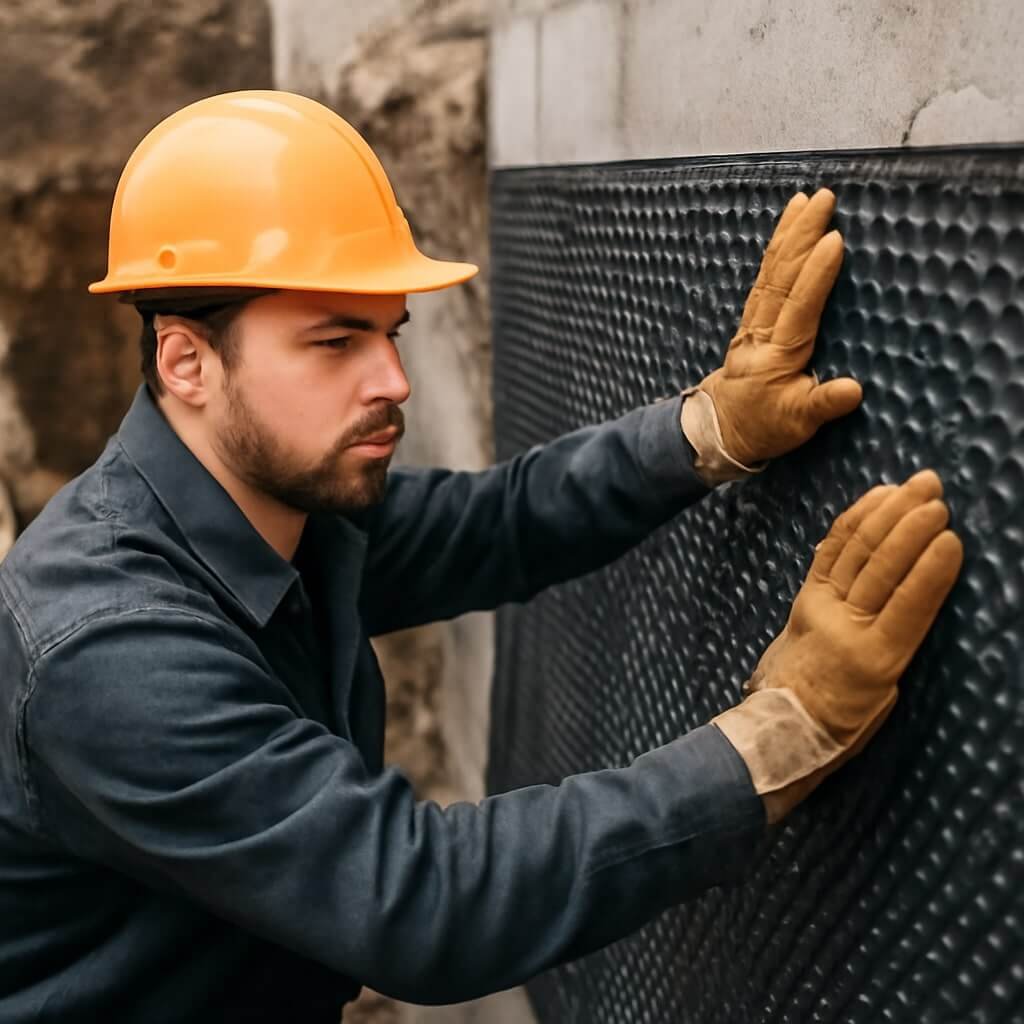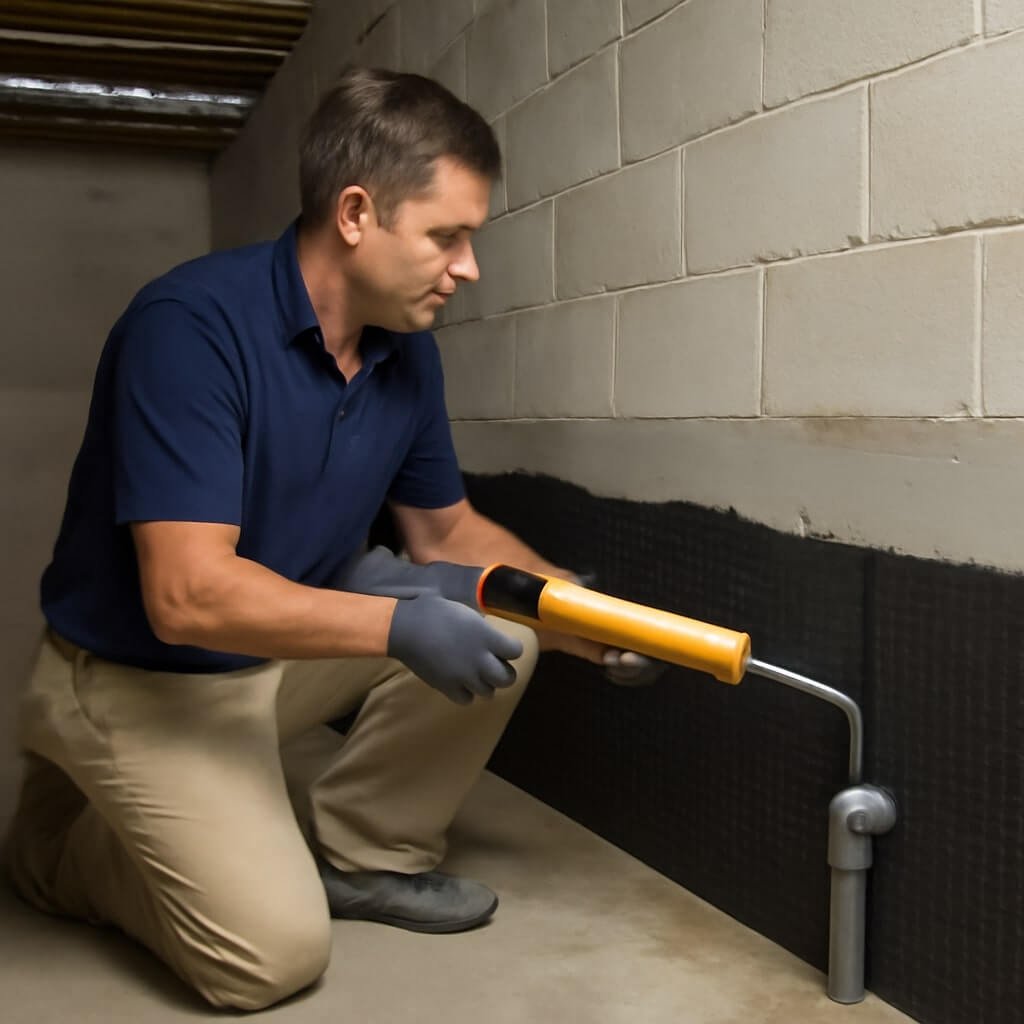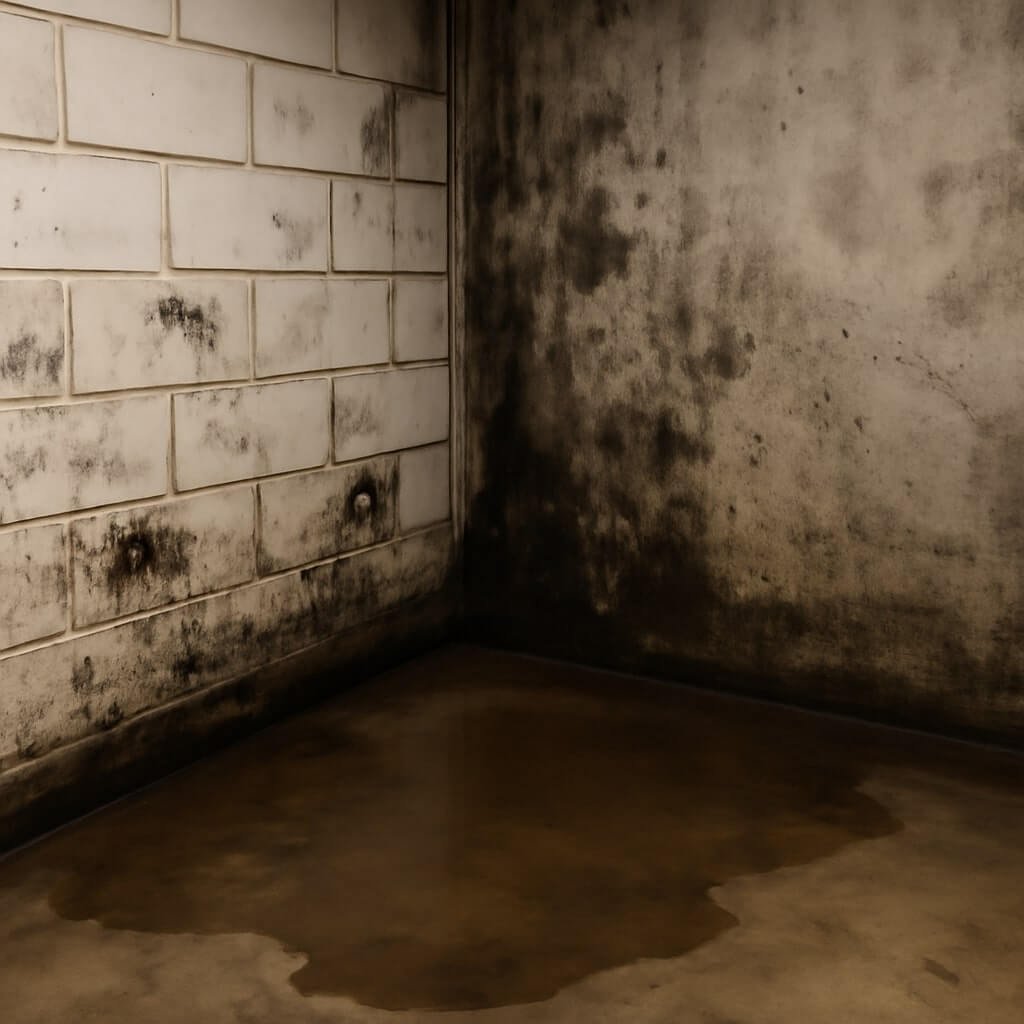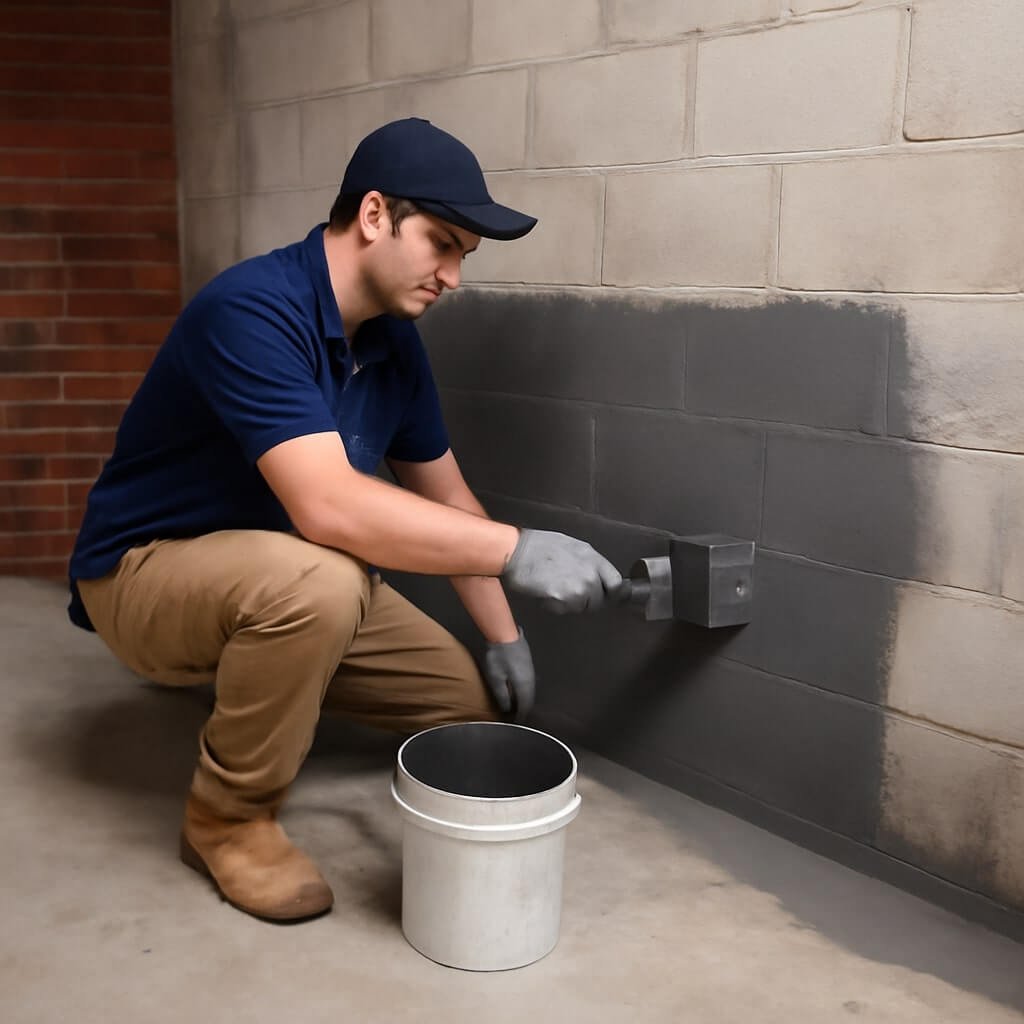Basement waterproofing is an essential home maintenance task that protects your property from water damage, mold growth, and structural issues. Finding licensed basement waterproofing contractors near you ensures that the job is done right, safeguarding your investment and health. This guide will walk you through everything you need to know to hire trustworthy, licensed professionals for your basement waterproofing needs.
Why Basement Waterproofing Matters
Water intrusion in basements is a common but serious issue that can lead to expensive repairs and health hazards. When water seeps into your basement, it can cause foundation weakening, mold and mildew growth, damage to stored belongings, and even poor indoor air quality.
Basement waterproofing prevents these problems by creating barriers that keep moisture out and redirecting water away from your foundation. Investing in professional waterproofing improves your home’s durability, increases property value, and provides peace of mind, especially if you live in an area prone to heavy rainfall or flooding.
Understanding Basement Waterproofing
Basement waterproofing refers to a range of methods used to stop water from entering your basement and to manage any water that penetrates. Common techniques include:
- Interior drainage systems: These capture and redirect water away from the foundation inside the basement.
- Exterior drainage and waterproofing membranes: Applied to the outside walls, these prevent water from penetrating.
- Sealants and coatings: Specialized waterproof paints and sealants fill cracks and block moisture.
- Sump pumps: Mechanical pumps that remove water collected in basement drainage systems.
Choosing the right method depends on your basement’s condition, soil type, and water issues.
What Does “Licensed” Mean for Waterproofing Contractors?
A licensed basement waterproofing contractor has met state or local government requirements to operate legally and safely. Licensing involves proving expertise, passing exams, and complying with regulations related to construction standards and safety.
Hiring licensed contractors protects you from fraud and subpar workmanship. They are more likely to carry proper insurance, follow code, and offer warranties.
How to Verify a Contractor’s License
To confirm a contractor’s license status:
- Check state licensing board websites: Most states provide online databases.
- Ask the contractor directly: Request their license number and expiration date.
- Call local consumer protection offices: They can verify licenses and report complaints.
- Use third-party platforms: Websites like the Better Business Bureau or Angi can confirm credentials and reviews.
Signs You Need Basement Waterproofing
If you notice any of these warning signs, it’s time to consider waterproofing:
- Damp or musty odors
- Visible water stains or discoloration on walls or floors
- Mold or mildew growth
- Efflorescence (white powdery deposits)
- Cracks in foundation walls or floors
- Standing water after heavy rains
- Increased humidity levels in your basement
Early detection and treatment can prevent costly damage.
Benefits of Hiring Licensed Waterproofing Contractors
Opting for licensed contractors comes with several benefits:
- Quality workmanship: Licensed pros have the training and experience to do the job correctly.
- Code compliance: They follow local building codes and safety regulations.
- Insurance protection: Most hold liability and workers’ compensation insurance, protecting you from liability.
- Warranty assurance: Licensed contractors typically offer warranties on their work.
- Professional accountability: They are held to industry standards and ethical practices.
Insurance and Liability Benefits
A licensed contractor’s insurance covers potential accidents or damages during the project. Without this coverage, homeowners might face costly legal or repair bills if something goes wrong.
How to Find Licensed Basement Waterproofing Contractors Near You
Finding qualified contractors near you involves some research and verification:
- Ask for recommendations: Friends, family, or neighbors with similar work done can refer trusted professionals.
- Search online directories: Websites like HomeAdvisor, Angi, and Houzz list licensed contractors with reviews.
- Check local trade associations: Groups like the National Association of Waterproofing and Structural Repair Contractors offer member directories.
- Visit hardware stores or suppliers: They often know reputable local contractors.
- Review online ratings: Look for consistent positive feedback and verified licenses.
Using Online Directories and Reviews
Use multiple sources to vet contractors. Pay attention to customer reviews, photos of completed work, and responsiveness. Cross-check license numbers and insurance status before scheduling a consultation.
Questions to Ask Potential Contractors
Before hiring, ask contractors these key questions:
- Are you licensed and insured? Can you provide proof?
- How many years of experience do you have?
- What waterproofing methods do you recommend for my basement?
- Can you provide references from recent customers?
- What is your project timeline?
- Do you offer a warranty? What does it cover?
- How do you handle permits and inspections?
- What is the estimated cost and payment schedule?
Cost Estimates and Contract Details
Always get a detailed, written estimate including labor, materials, and any potential additional fees. Review the contract carefully, ensuring it covers the scope of work, payment terms, timelines, and warranties.
Common Basement Waterproofing Techniques
Contractors use a variety of methods depending on the problem:
- Exterior membrane installation: Waterproof barriers on foundation walls.
- Interior drainage channels: Collect water inside the basement and route it to sump pumps.
- Sump pumps: Remove collected water efficiently.
- Crack injection: Seal foundation cracks with epoxy or polyurethane.
- Sealants and coatings: Apply waterproof paints to walls and floors.
Each technique addresses specific water issues, sometimes used in combination for best results.
Preparing Your Basement for Waterproofing
Before the contractors arrive, prepare your basement to facilitate work:
- Clear furniture and stored items from work areas.
- Remove wall hangings and decorations.
- Ensure easy access to the basement and exterior walls.
- Inform the contractor of any electrical or plumbing systems in the area.
- Address any existing mold or mildew issues.
FAQs on Licensed Basement Waterproofing Contractors
How long does basement waterproofing last?
With proper installation and maintenance, waterproofing can last 10-20 years or more.
Is basement waterproofing covered by homeowners’ insurance?
Typically, no. Insurance covers sudden damage, not maintenance or prevention work.
Can I waterproof my basement myself?
Some minor repairs can be DIY, but professional waterproofing is recommended for lasting results.
How much does basement waterproofing cost?
Costs vary widely but typically range from $3,000 to $10,000, depending on the size and method.
What are the risks of hiring unlicensed contractors?
Poor workmanship, lack of insurance, potential legal issues, and no warranty protection.
How soon should I waterproof after buying a home?
It’s best to assess and waterproof as soon as possible if signs of moisture are present.
Conclusion and Final Tips
Finding licensed basement waterproofing contractors near you is crucial for protecting your home from water damage. Always verify licenses, ask the right questions, and research thoroughly before hiring. Professional waterproofing not only safeguards your basement but also adds lasting value and comfort to your property.




